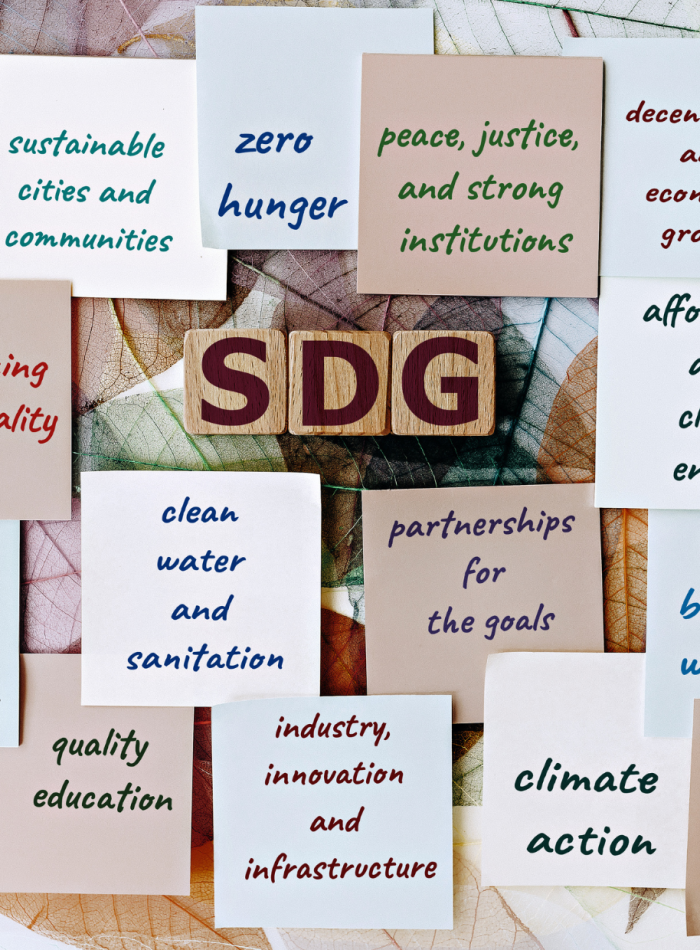
The Power of CSR Translation: Engaging English-Speaking Stakeholders
Businesses worldwide are increasingly recognising the importance of Corporate Social Responsibility (CSR) reporting as a means of connecting with different stakeholders, promoting sustainability and enhancing their corporate brand. I recently had the opportunity to work with a company looking to expand its reach to English-speaking audiences by translating its CSR report. The task at hand was not merely a linguistic one; it was about effectively conveying the company’s dedication to responsible practices, sustainability and community engagement to a broader audience.
The company’s CSR report provided detailed information about its environmental impact, its contribution to the community and its commitment to its employees. The company’s goal in translating this report into English was to reach a wider audience, including potential investors, partners and the general public. In doing so, they sought to spread their message of sustainability and corporate responsibility, while also leveraging the financial benefits that come with such transparency.
To successfully bridge the gap between the original Italian CSR report and its English-speaking audience, I had to take into account the unique linguistic and cultural nuances inherent in CSR communication. Careful consideration had to be given to language, tone and structure.
One of the primary linguistic differences I encountered was the tone of the report. Italian CSR reports tend to adopt a more formal tone to emphasise professional competence. In contrast, English CSR reports often employ a more personable and inclusive approach, frequently using first-person plural references like “we” and “our” to personify the company and build a stronger corporate identity. Adapting the tone to align with English-speaking conventions was crucial to making the report resonate with its intended audience.
In addition to the linguistic aspects, I needed to highlight the ethical concerns of stakeholders in an engaging way. CSR reports are not just about presenting data and facts; they are about storytelling. My challenge was to craft a narrative that captured the company’s commitment to sustainability and responsibility, all while emphasising its ongoing efforts to address environmental and social issues.
The successful outcome of this translation project was the result of careful attention to these details. The English CSR report, once translated, was ready to captivate readers. It effectively conveyed the company’s responsible approach to a diverse range of stakeholders and was subsequently published on the company’s website. It was an overwhelmingly positive response, and the client was delighted.
The power of CSR translation is not just about converting words from one language to another; it’s about bridging linguistic gaps to engage a wider audience effectively. By translating their CSR report into English, this company achieved its goals of spreading its message of sustainability and responsibility, connecting with a diverse array of stakeholders and reinforcing its corporate image. This project underscores the significance of CSR translation in today’s global business landscape, where responsible practices and sustainability are more than just buzzwords; they are fundamental aspects of corporate success.

